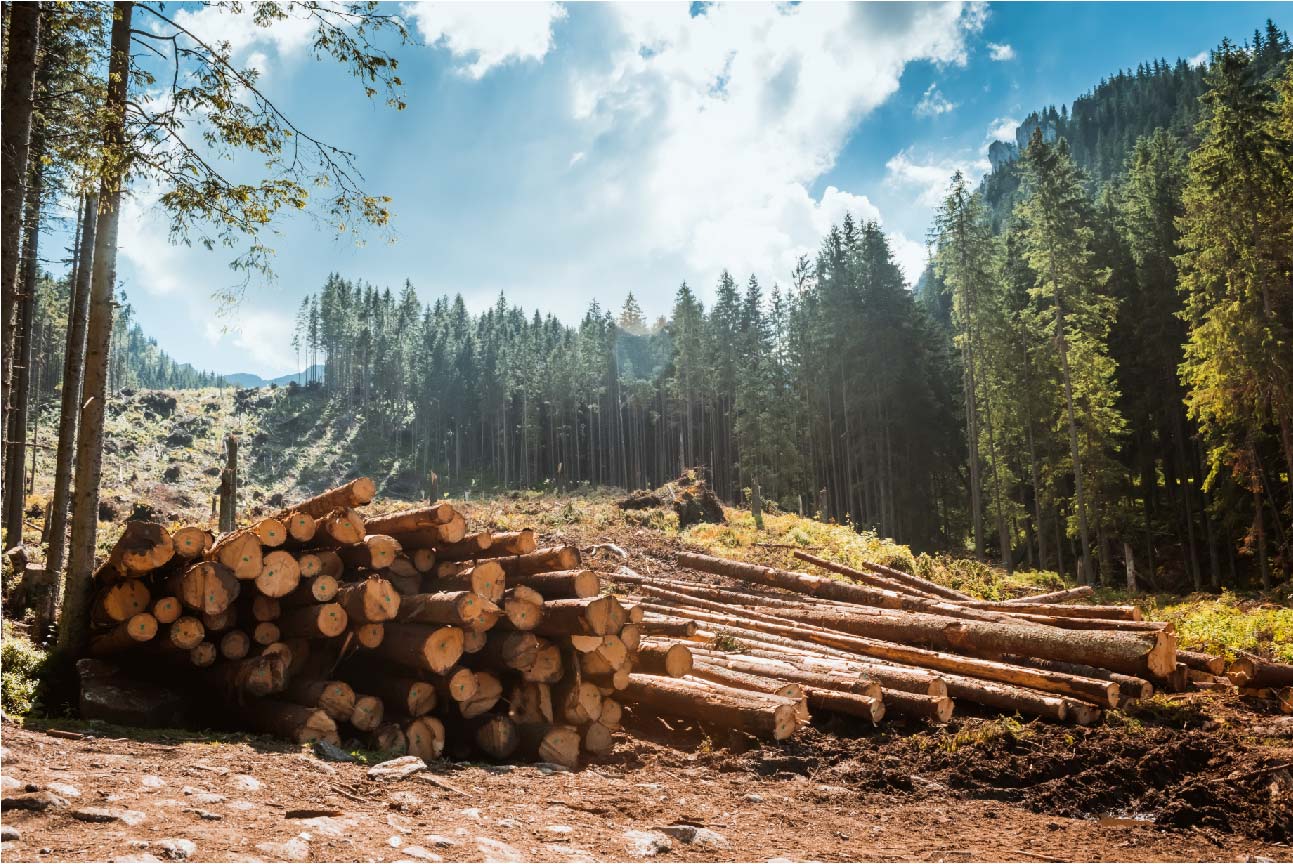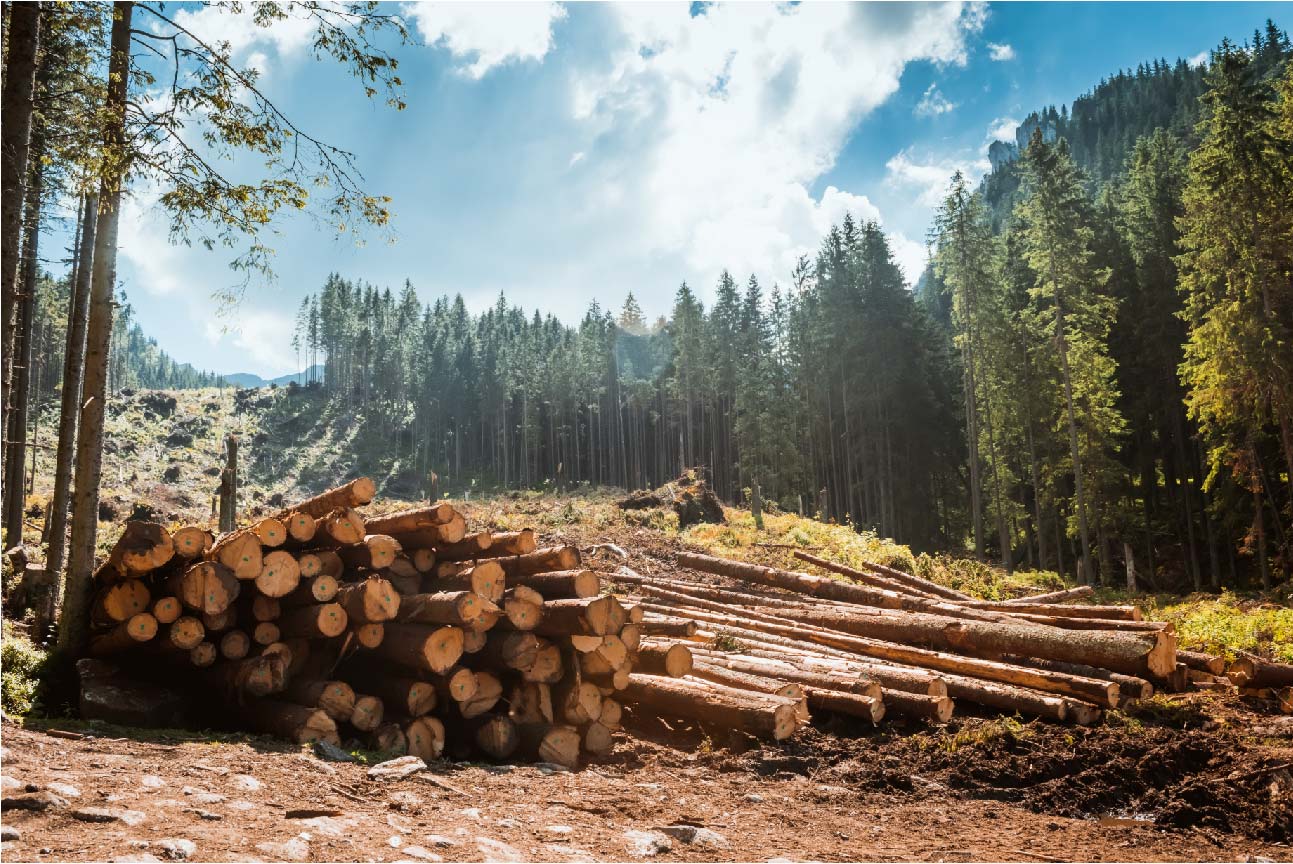Environmental issues and climate change have played a larger role in the public consciousness in 2019 than possibly ever before. From Greta Thunberg’s Nobel Peace Prize nomination to the Extinction Rebellion protests that culminated in over 1,100 arrests in just one week in London, 2019 has been a year of climate activism. And within the biomass industry, where European subsidies in particular are closely linked to environmental issues and renewable energy targets, debate continues over how environmentally friendly biomass power generation really is.
For organisations within the biomass supply chain, it’s therefore more important than ever to provide assurance that your processes are robust and in line with consumer demand for cleaner, more sustainable energy. Biomass traders and buyers need to demonstrate the provenance of fuel sources and trace the fuel mix with accuracy across the value chain; from sourcing materials, through any number of trading partners, to providing a Fuel Mix Disclosure to the end customer.
To take the most commonly traded biomass feedstock, wood pellets, traceability begins at the forest. Much of the criticism of biomass centres around arguments that the initial logging activities are environmentally-damaging; arguments that mean all actors in the supply chain need contract and certificate management in place to confirm that logging or other harvesting (such as from wood product waste) is sustainable.

How do you prove sustainable forestry?
There are a wide range of certification schemes that may be used to show sustainability at this stage of production, including the Program for the Endorsement of Forest Certification, the Forest Stewardship Council, and the Sustainable Biomass Program, among many others. Added to this, different countries have their own standards and definitions, for example, South Korea no longer accept FSC chain-of-custody certificates due to apparently fraudulent earlier certificates. Certificate management is therefore a complex process, particularly when operating across borders and requires both understanding of the ever-changing legal operating environment and a robust, proactive multi-certificate management process that mitigates risk, allows you to track certified products with certainty and ensures supplier certificates do not expire unnoticed.
Sustainability monitoring does not end once biomass has been procured. Within the UK and EU, for example, the greenhouse gas criteria for receiving subsidies are based on lifecycle emissions, including transportation. And at the power plant, operators are required to report the sustainability criteria for each consignment of biomass, meaning that logistics need to be managed carefully, with controls and oversight from sustainability and risk management teams at the appropriate stages.
And sustainability audits add another level of complexity; assessing whether the policies, processes and systems used to generate your sustainability data are robust enough to provide reliable data. The audit means that you need to consider the robustness of the original data, any sampling methodologies and whether your controls can protect sustainability data from fraud and errors.
Even for those with supply chain management in place right now, the changing electricity market, particularly in Europe, means that sustainability and supply chain systems will need to become more efficient, better automated, and provide better oversight in the near future. The European Federation of Energy Traders predict 3 major trends in the industry; decarbonisation, digitalisation and decentralisation. Digitalisation and decentralisation both mean that energy producers and traders need to be prepared to manage a higher volume of trading activity moving much faster. As energy markets embrace intraday trading with ever-shortening lead times, having the systems in place to efficiently manage biomass as a commodity and translate its sustainability information into the electricity generated is of vital importance.
Many power generators already use ETRM technology to manage the risks associated with energy trading and support fuel mix disclosures. But ETRMs do not necessarily support the supply chain and commodity management processes that track sustainability before the boiler, introducing an element of risk and making operations less efficient. Now is the time for biomass organisations to get a real handle on their sustainability data; to improve processes, reduce operational risk and demonstrate to customers that we are taking sustainability seriously.
At Gen10, we have the technology to help. Our ecosystem of commodity management apps integrate with your ETRM, ERP or other systems to provide only the additional functionality you need. Explore how our apps solve these 8 different challenges in the biomass supply chain.



